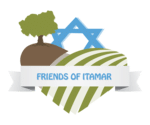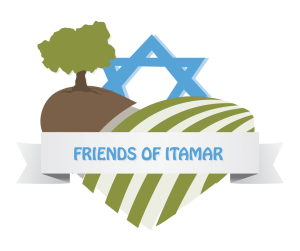Parasaht Vayishlach – Let Our People Grow
Parasaht Vayishlach December 3, 2009 King Solomon in his book of proverbs writes in chapter 26:17 He that passes by, and meddles with strife belonging not to him, is like one that
Parshat Vayeitzeh – Serving G-D – 2009
Parshat Vayeitzeh November 26, 2009 The classic way of serving Hashem is through the three principles of learning torah, prayer and good deeds. These are all within the realm of th
Parshat Toldot – The Different Attributes of Our Forefathers – 2009
Parshat Toldot November 20, 2009 In order to understand the variety of psyches and the distinct and unique personal identities of the Avot, a closer look at the redeeming dominant
Parshat Chayeh Sarah – “Connecting the Past, Present and Future” 2009
Parshat Chayeh Sarah November 13, 2009 The substance of Am Yisrael is applied through the generations, it’s destiny preserved as one generation “punches out” and
Parshat Vayera – 2009
Parshat Vayera November 5, 2009 In the Talmud it says that our Patriarchs did not depart from this world since they are brought back to life by the continuation of the mitzvoth per
Parshat Lech Lecha – 2009
Parshat Lech Lecha October 30, 2009 Parshat Lech Lecha introduces us to the first individual who was willing to say NO to the accepted norms of corruption and idolatry. He was able
Parashat Noach – “Somewhere over the Rainbow”- 2009
“Somewhere over the Rainbow”- Parshat Noach 2009 October 23, 2009 After leaving the obscurity of the darkness of the ark, and the winds of change cleared the waters of
Parashat Bereishit – Rectification – 2009
Parshat Bereishit October 15, 2009 The ultimate aim in the creation of man was that he should strive to emulate G-d by following His attributes, like by being compassionate, giving
Fear of G-D – Rashi on Genesis
Fear of HaShem – Genesis February 13, 2009 Rashi in his commentary on the book of Genesis brings down on the first verse of the Torah, the words of Rav Yitzchak – ̶
Parashat Vayeshev 5769
Vayeshev- Mikaytz December 26, 2008 Last week in parashat Vayeshev we began the stories of Yosef and his brothers. The Torah portion begins with the following verses: “Now Ja

